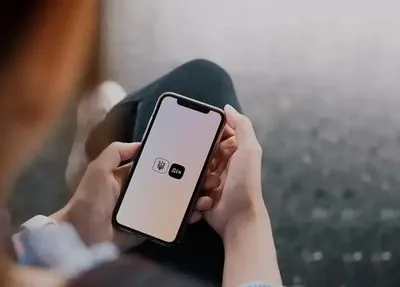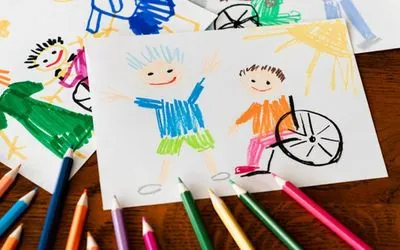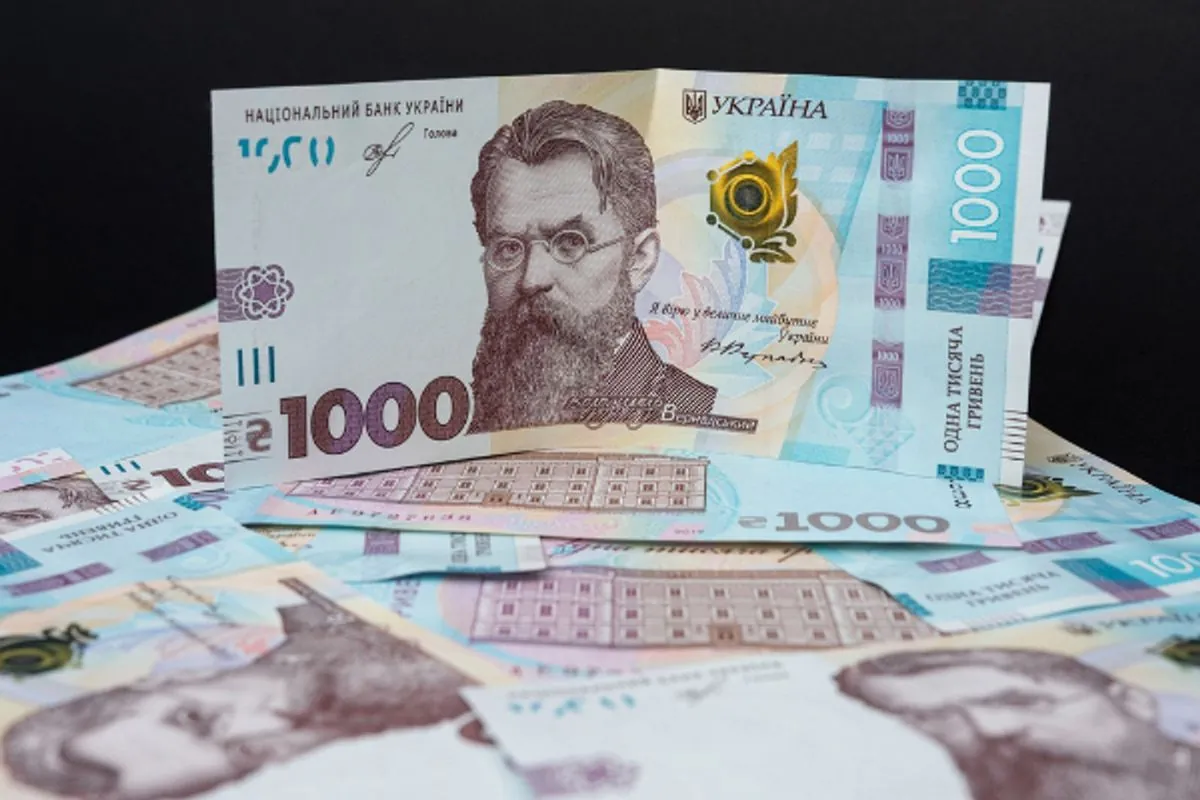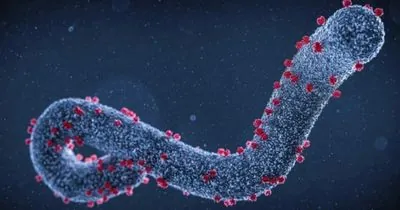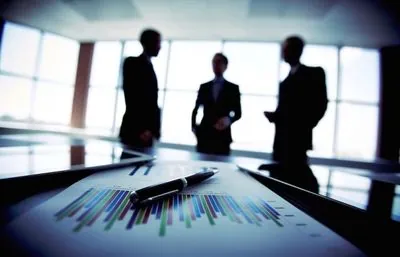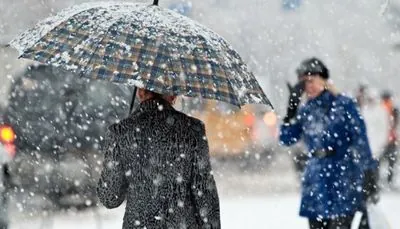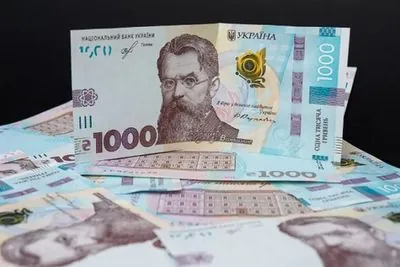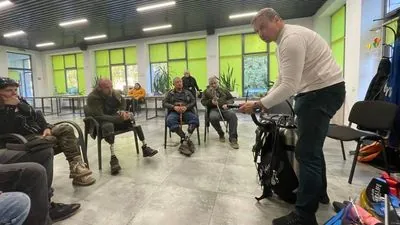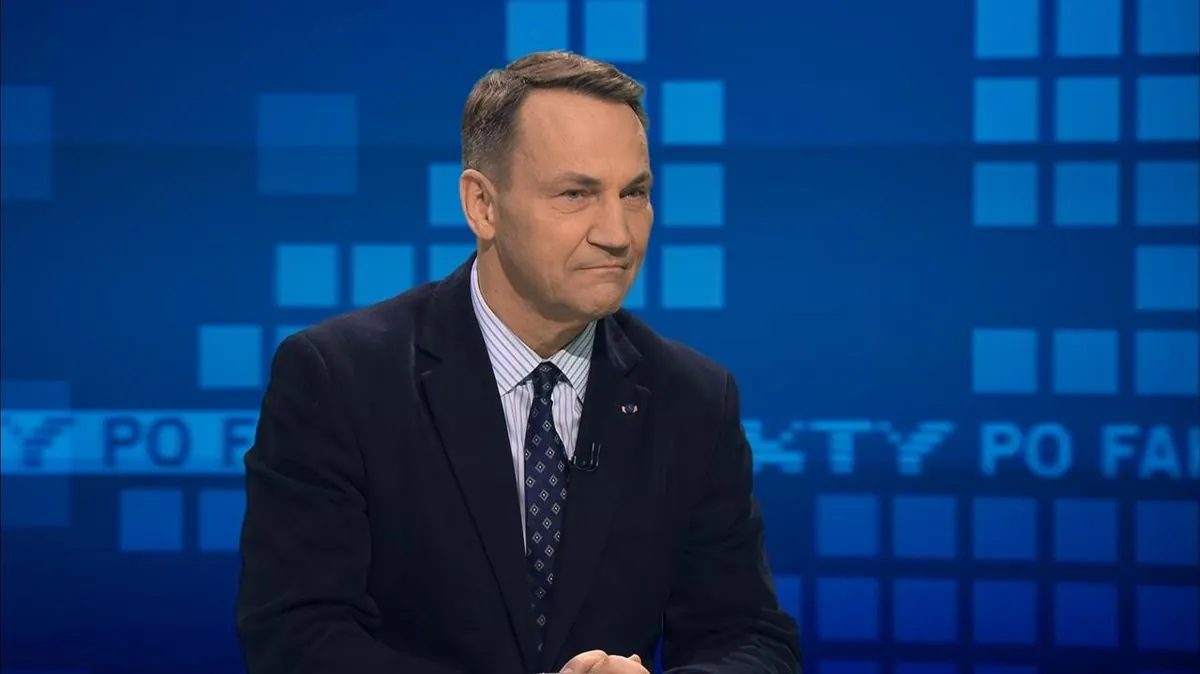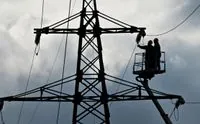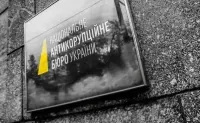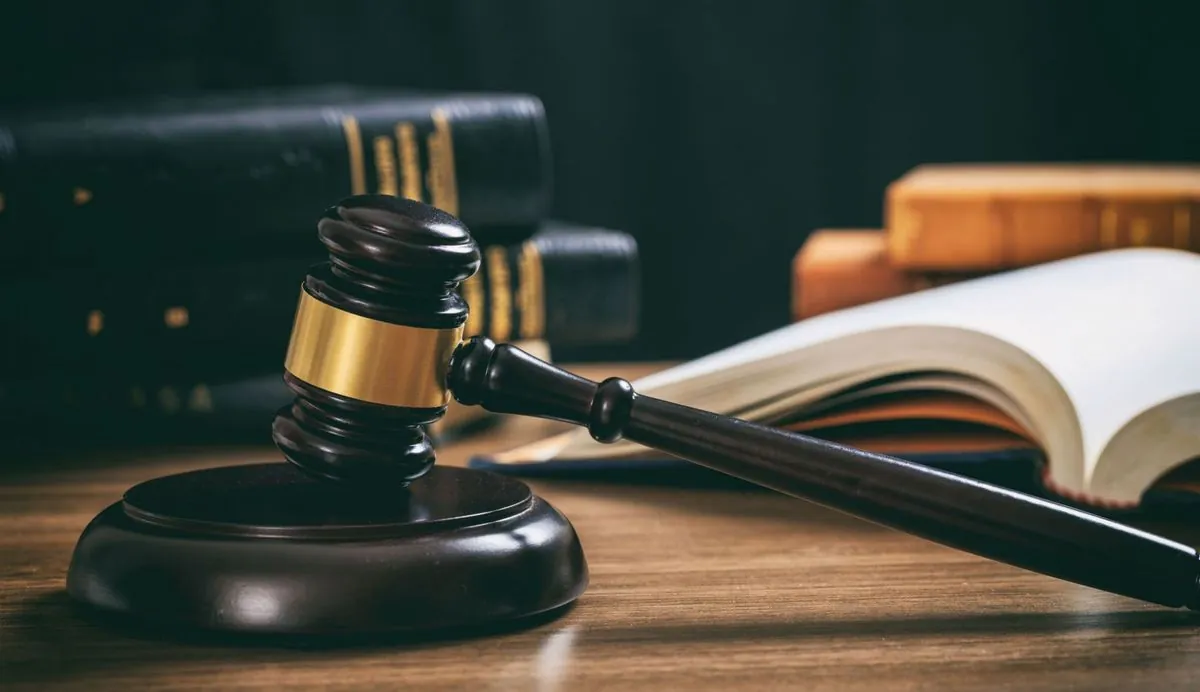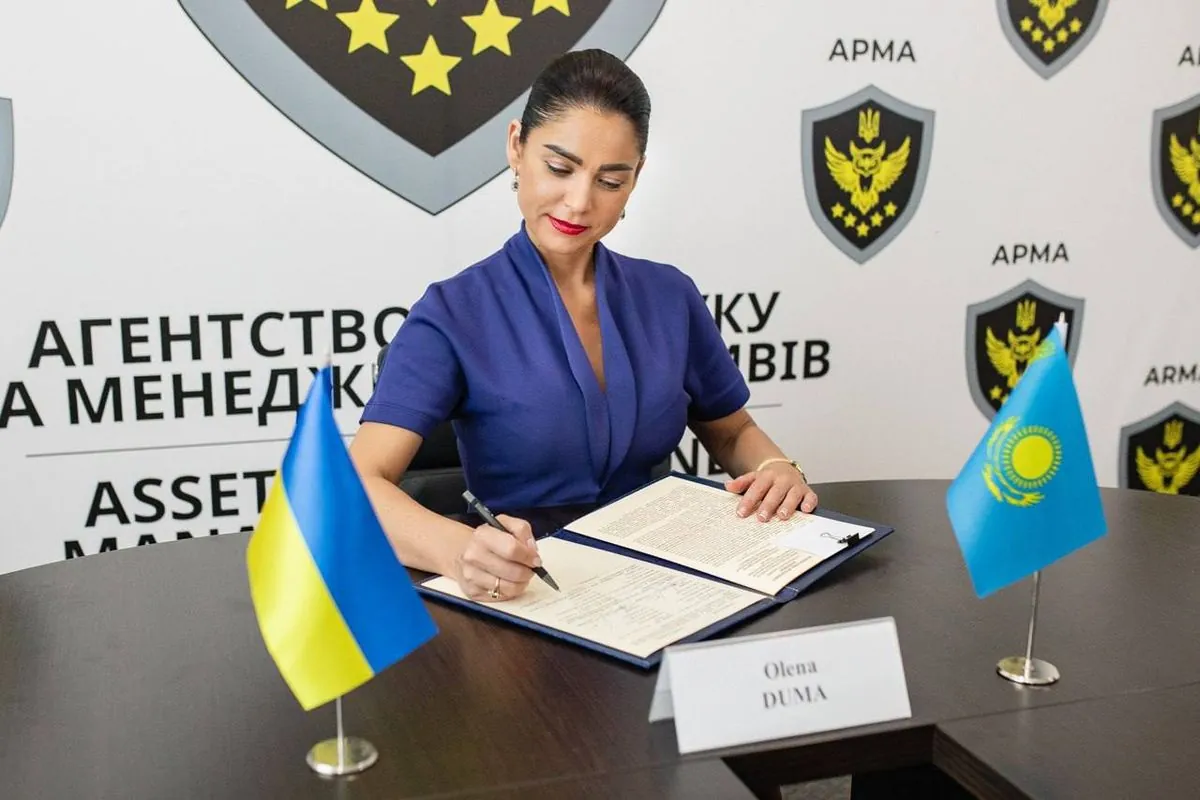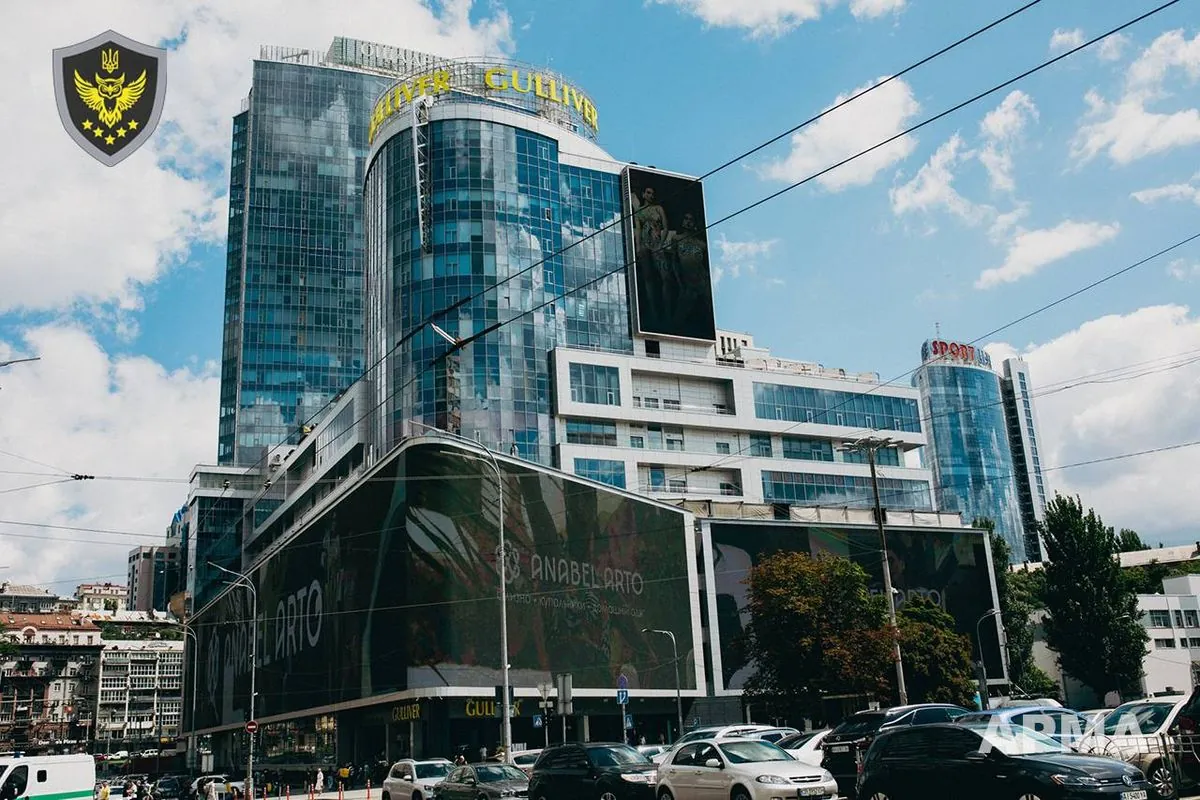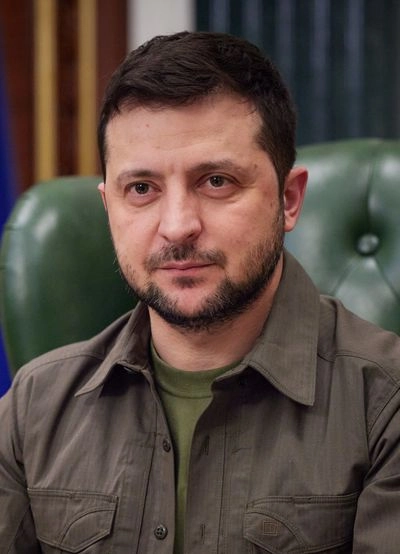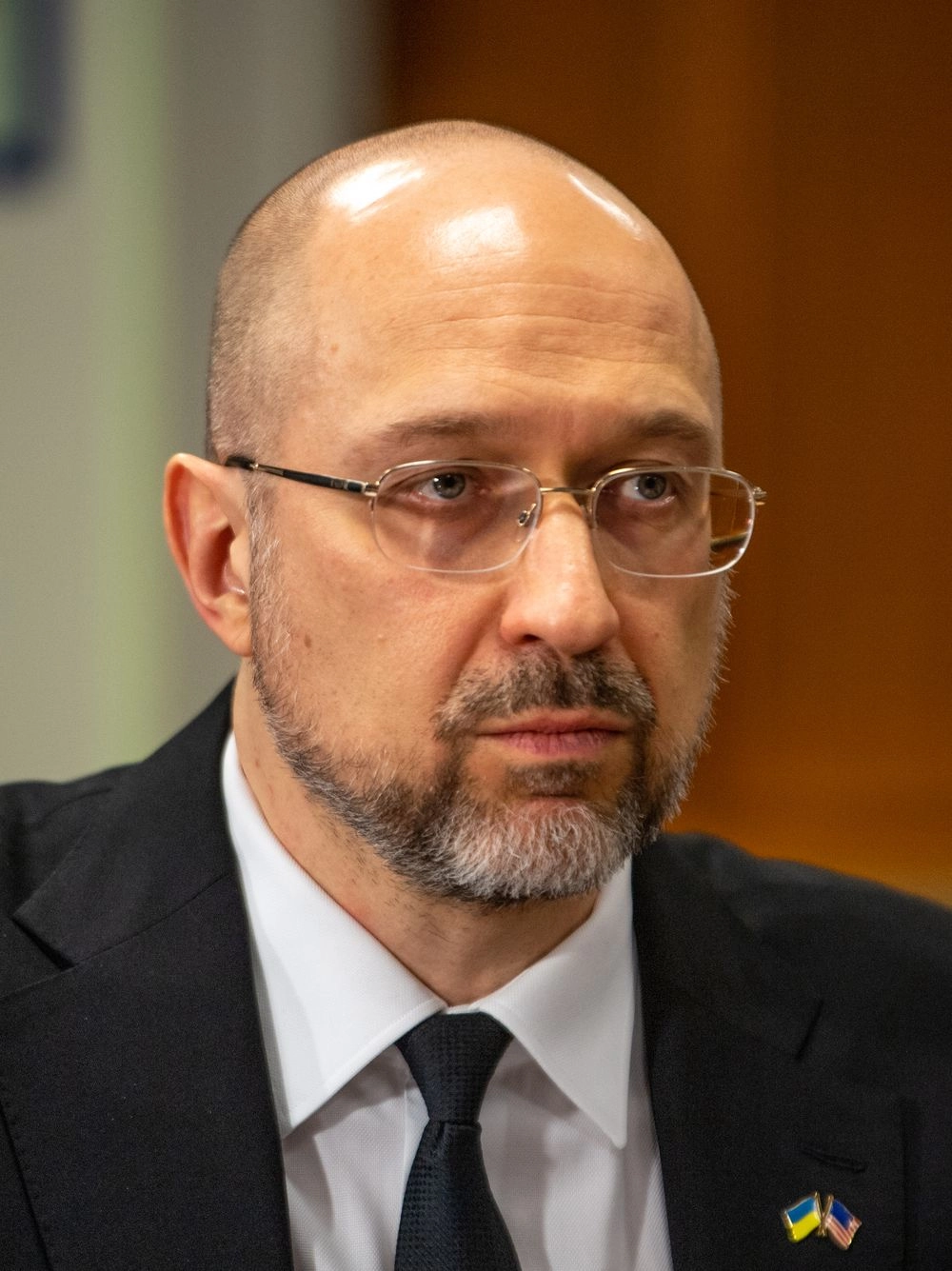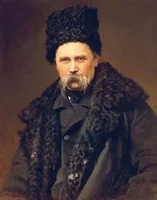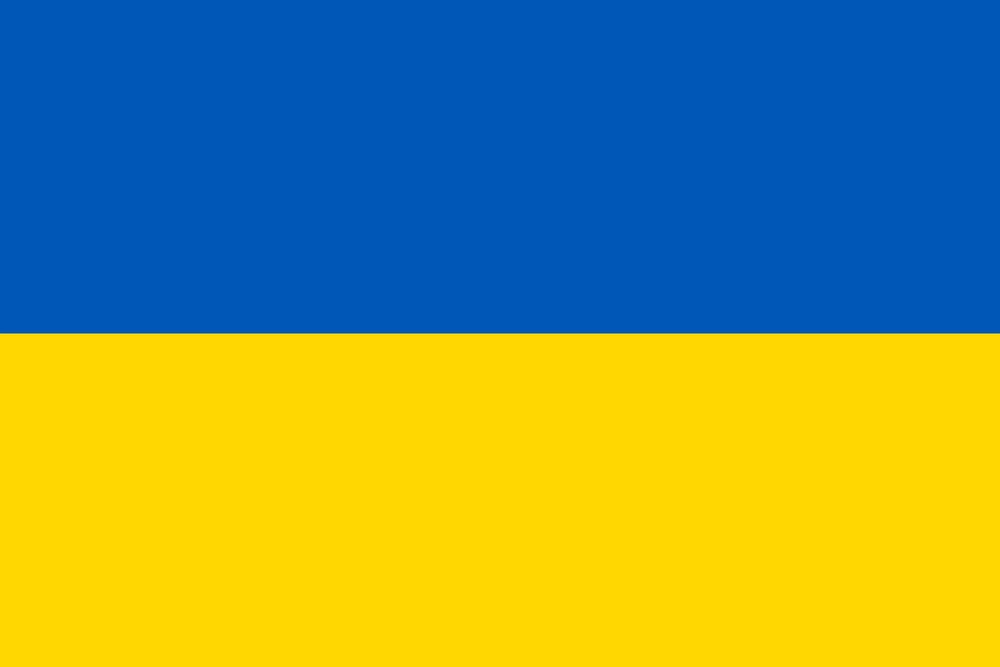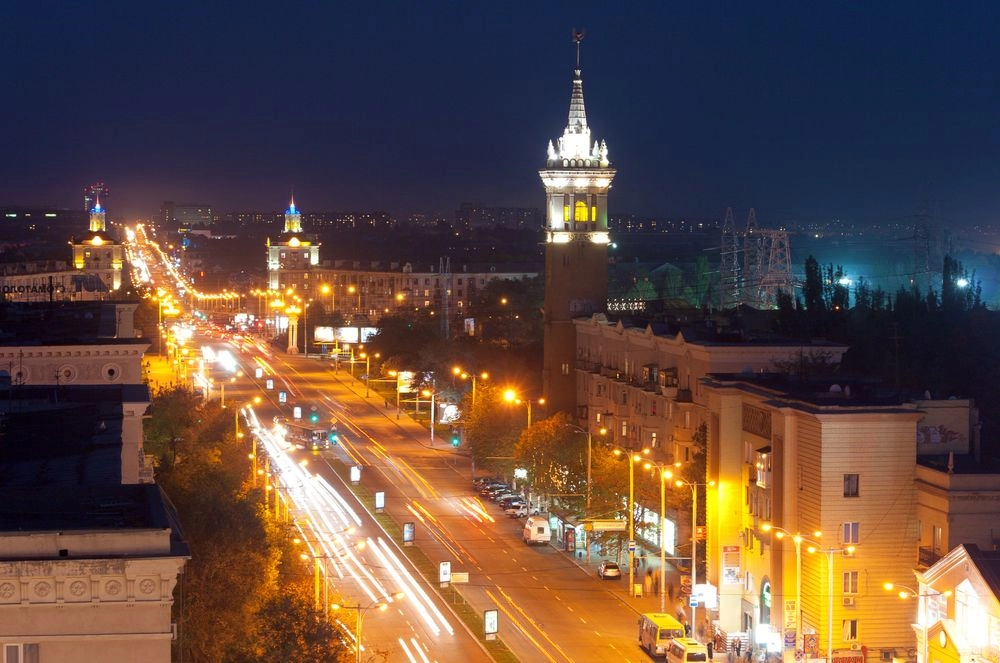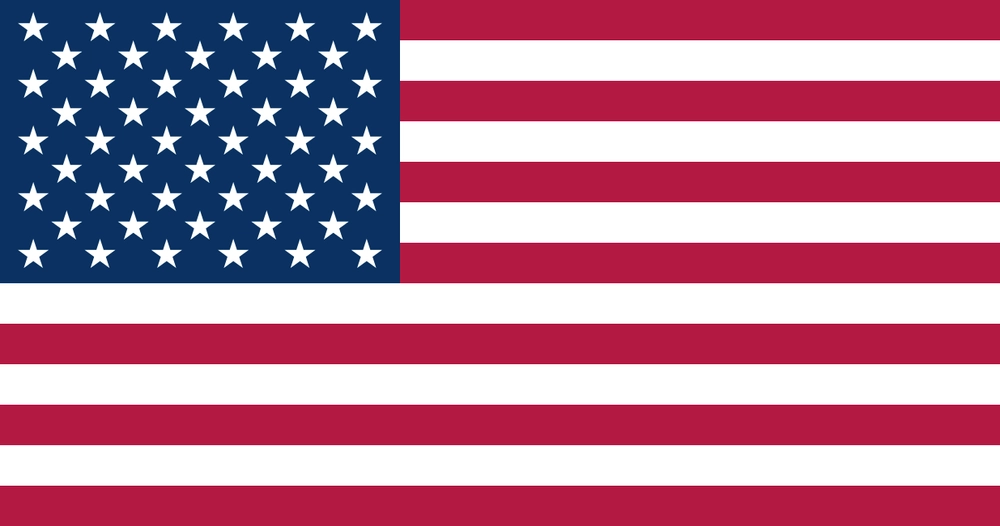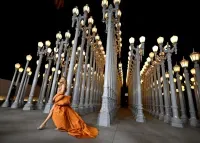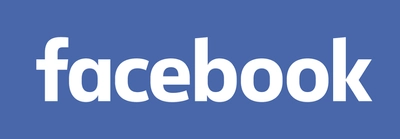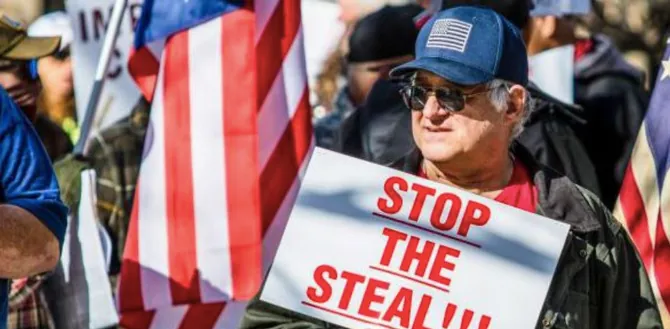
US social networks are full of claims of election fraud
Kyiv • UNN
A record number of fake news stories about voting irregularities appeared in the run-up to the US election. The BBC found hundreds of false accusations, including statements from Trump supporters.
Rumors, false claims, and outright lies about voting and fraud have flooded the Internet in unprecedented numbers ahead of the US election. The BBC has collected evidence of fraud, UNN reports.
Details
Hundreds of reports of alleged voting irregularities are being circulated by individuals and independent groups and organizations affiliated with the Republican Party, with some allegations coming from Democrats as well.
The flood of online accusations has posed a major challenge to election officials as they try to debunk rumors and reassure voters ahead of Tuesday's election day. Almost all of these reports support the Trump campaign's false claim that he will win the 2020 election and hints that he could be robbed of victory again on November 5.
When asked if he would recognize the results of the 2024 elections, Donald Trump said during a debate in September that he would if the elections were "fair, legal and transparent." A CNN/SSRS poll released on Monday found that 70% of Americans expect Trump to not accept the results if he loses. This week, he himself claimed massive voter fraud in a key swing state:
"Pennsylvania is cheating and getting caught, and on a scale rarely seen before," Trump wrote on his Pravda social network. "REPORT THE FRAUD TO THE AUTHORITIES. Law enforcement must act, NOW!"
The announcement came after officials in three Pennsylvania counties said they were working with local law enforcement to investigate some voter registration applications for possible fraud.
While Trump and his allies echoed these claims, the state's chief election official, Republican Al Schmidt, urged caution, warning voters of the dangers of "half-truths" and misinformation spreading on social media. "This shows that the safeguards in our voter registration process are working," he said.
The BBC documented hundreds of allegations of election fraud circulating online, on social media platforms, message boards and chat groups. Some of these posts have received millions of views.
These messages claimed that it was easy for non-citizens to vote, spread false information about voting machines, and sowed distrust in the ballot counting process.
One of the videos claiming that newly arrived Haitians were voting in Georgia was exposed by the BBC as a fake due to false addresses and the use of stock photos indicating fakery. On Friday, U.S. intelligence agencies said the video was made by "Russian agents of influence.
On another platform, "X," a user claiming to be Canadian posted a photo of a ballot paper, stating:
"I decided to move across the border and vote.
This, too, turned out to be a fake, linked to a coordinated effort on the fringe 4chan board. The ballot shown was from the state of Florida, which requires an ID to vote and is about 20 hours away from the Canadian border.
In Northampton County, Pennsylvania, a video of a man carrying a container of ballots to the courthouse appeared on the X platform, which aroused suspicion among users. It turned out that it was a postal worker delivering ballots sent by mail, but the video has already been viewed more than five million times.
Experts are concerned that the rise in disinformation on the eve of election day could undermine public confidence in the election results or provoke threats and acts of violence both before and after the election.
Recall
Democrats are preparing to react quickly to flood social media and the airwaves with calls for calm and patience during the vote count, should Donald Trump try to prematurely declare his election victory again, as he did in 2020.
